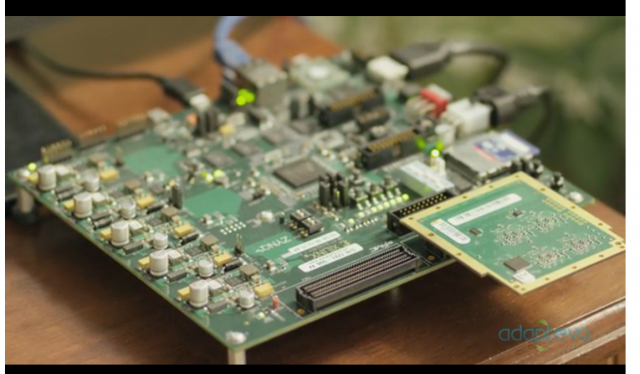
A month ago, we told you about a chipmaker called Adapteva that turned to Kickstarter in a bid to build a new platform that would be the size of a Raspberry Pi and an alternative to expensive parallel computing platforms. Adapteva needed at least $750,000 to build what it is calling “Parallella”—and it has hit the goal.
Today is the Kickstarter deadline, and the project is up to more than $830,000 with a few hours to go. (UPDATE: The fundraiser hit $898,921 when time expired.) As a result, Adapteva will build 16-core boards capable of 26 gigaflops performance, costing $99 each. The board uses RISC cores capable of speeds of 1GHz each. There is also a dual-core ARM A9-based system-on-chip, with the 16-core RISC chips acting as a coprocessor to speed up tasks.
Adapteva is well short of its stretch goal of $3 million, which would have resulted in a 64-core board hitting 90 gigaflops, and built using a more expensive 28-nanometer process rather than the 65-nanometer process used for the base model. The 64-core board would have cost $199.
from Ars Technica




